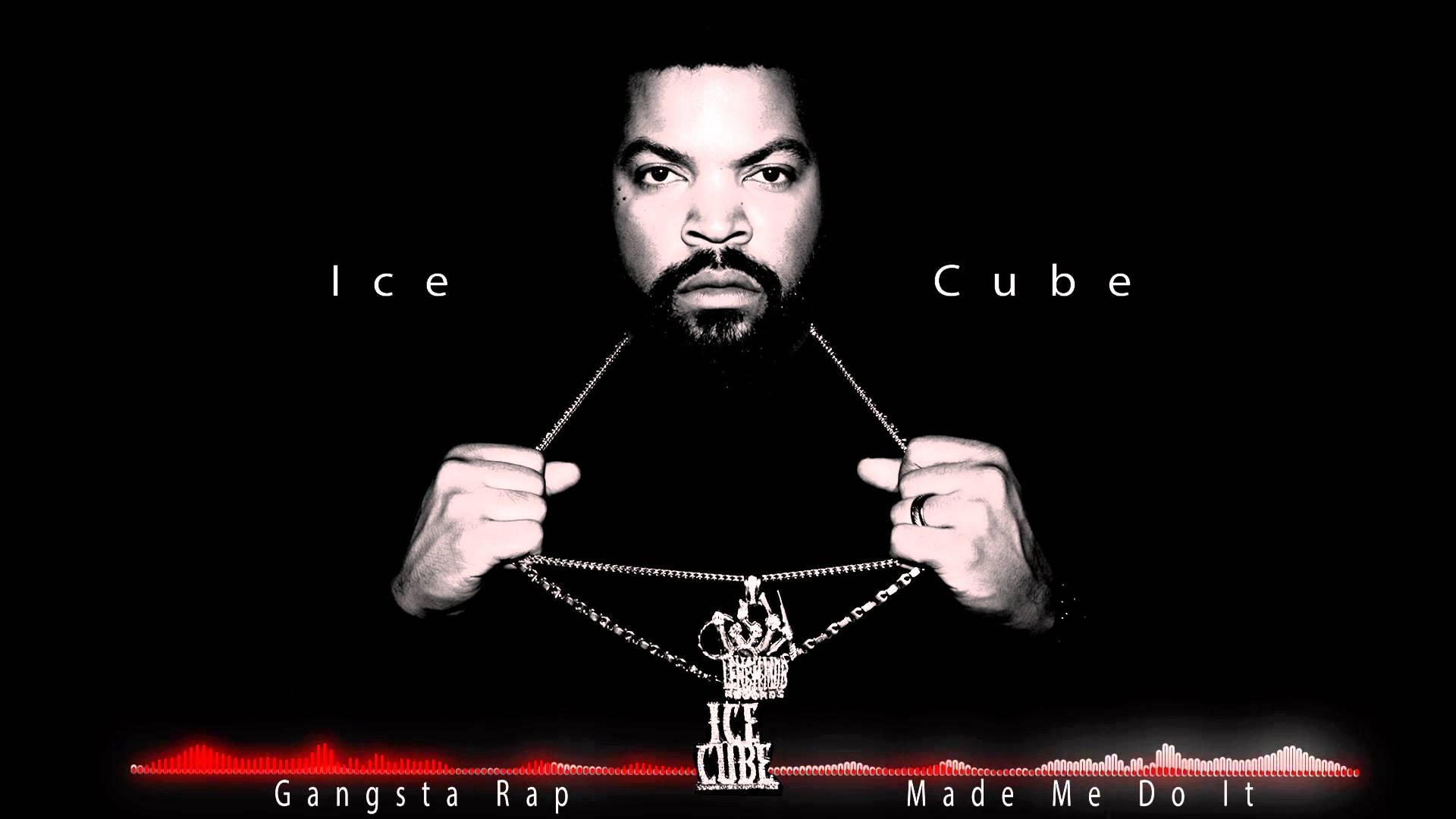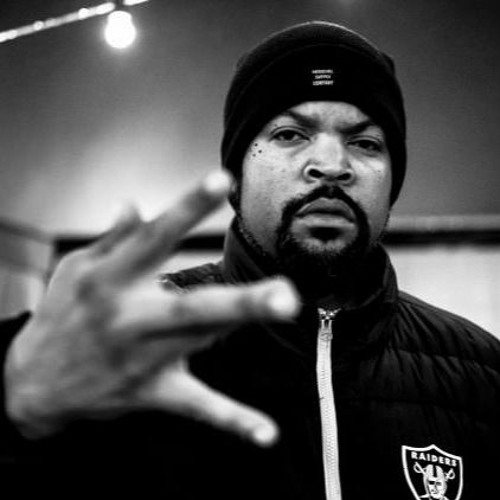

If you live amongst the sharks for a few hours, you might overcome your fears. The only way to alter the subconscious is through immense exposure therapy (or surgery, in drastic cases). You may be well aware that only five people per year are killed by sharks, but most of us will scream our way back to shore at the sight of a fin in the water. What's scary about the subconscious is that no amount of formal education can alter it. This is because movies like "Jaws" and rating-driven material like "Shark Week" are readily available in our subconscious memory bank while-unfortunately-no major movies or television marathons have been made about killer deer. You're more likely to be killed by a deer than you are to be eaten by a shark, yet we panic when we see sharks and readily approach deer without a care. This discrepancy between what we "know" and what our brains may "believe" doesn't stop at how we perceive each other it also determines how we see objects. While one may be consciously impartial to any race or ethnicity, most of our brains believe otherwise. The problem here resides in a different kind of racism.Īs a Harvard study has proven, almost everyone-including black people-have a subconscious bias against the black community. Racism exists-absolutely-but the amount of pure, hate-driven, violent racists in this country is negligible in the grand scheme of things, especially when compared to the general murder rate. Chances are, in most of the cases we hear about, the police officer involved did not wake up in the morning, look in the mirror, and ponder ways that he could harm another race or ethnicity. The initial question we need to be asking ourselves is this: why do cops so often get "jumpy" with their weapons around black people? If this is a conversation you think is worth having, please read on. The idea here is to get a conversation going and see how we, as hip-hop listeners, writers, and artists, can promote positive change. The following article is not intended to provide answers. The scenario about to be presented is very much a chicken-or-the-egg kind of situation, so any point made here has an equal-but-opposite argument that's as valid as the first. But what if antagonizing cops is actually exacerbating the problem and contributing to an endless cycle of violence? It makes sense, then, that emcees would want to utilize their elevated status to take a stand against those who have continually treated them as second-class citizens.

For the most part, these are the same communities that dominate the rap marketplace. Year after year, statistics prove that the black community in America-particularly in lower-class neighborhoods-is subjected to unjust treatment from those supposedly designated to protect them.

Anthony Carter Ken Jones Natalie Haslem Rev.It's a mantra that hip-hop listeners are all too familiar with. With contributions from: Vincent Bacote Bruce Fields Rev. Although the Black Lives Matter movement keeps the church on the margins, the authors in this volume believe that enduring change cannot happen unless God speaks directly to these issues in light of the gospel. Covering topics like the black family, hip-hop, mental health, mentoring women, masculinity, and the church, this book will open your eyes to fresh ways to participate in solutions that will truly set black America free. In addition to the social and structural issues that must be addressed, within black communities there are opportunities for social change based on God's vision for human flourishing. Anthony Bradley has assembled a team of scholars and religious leaders to provide a distinctly Christian perspective on what is needed for black communities to thrive from within. Alvin Poussaint of Harvard Medical School in 2007, to the current Black Lives Matter movement, there has been much debate about what led to the deaths of Trayvon Martin and Michael Brown, among others, as well as other systemic challenges that undermine black thriving. Beginning with a conversation prompted by African American scholars like Dr.


 0 kommentar(er)
0 kommentar(er)
